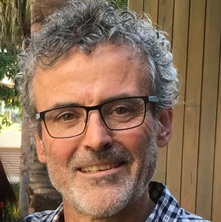H2 production from the anaerobic digestion of organic waste using a novel membrane (2007-2009)
Abstract
Numerous researchers have attempted to maximise hydrogen production from solid organic waste in single stage processes optimised for fermentative hydrogen yields, achieving at most 30% of the potential hydrogen yield with most of the calorific content of the organic waste converted to volatile fatty acids. Yet, this by-product can be converted to more hydrogen in a 2nd stage process by anaerobic oxidising organisms. Hydrogen is inhibitory to the anaerobic oxidizers and is normally scavenged by methane forming organisms. The methanogens will be out-competed by new silica membranes that are selectively and highly permeable to hydrogen. Hydrogen will be removed from the other side of the membrane and stored using a metal hydride column.

